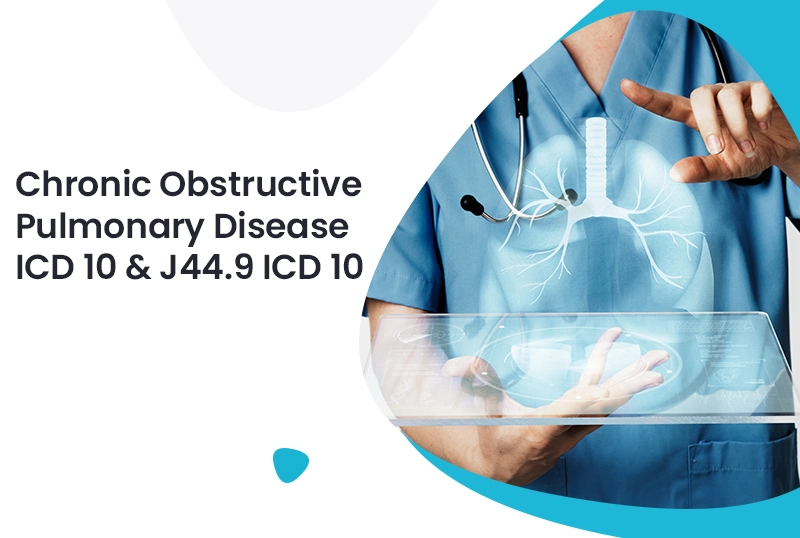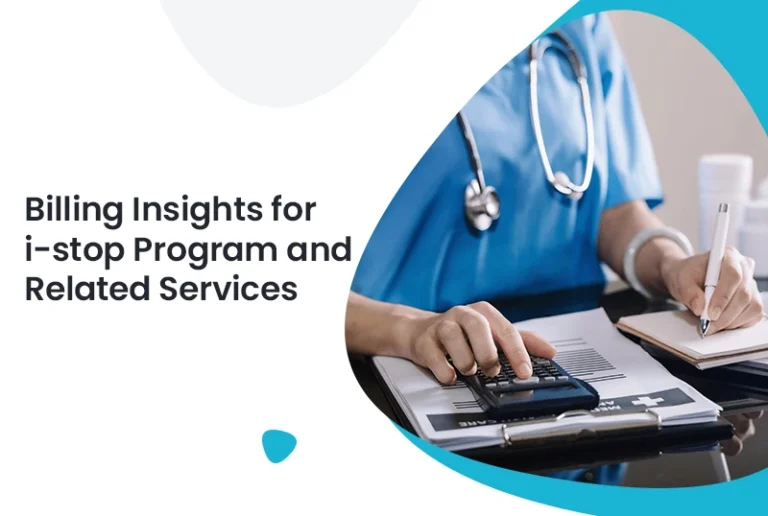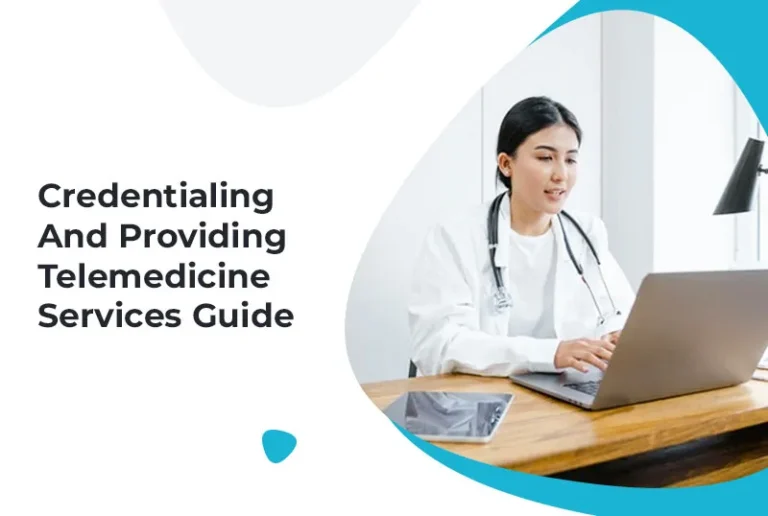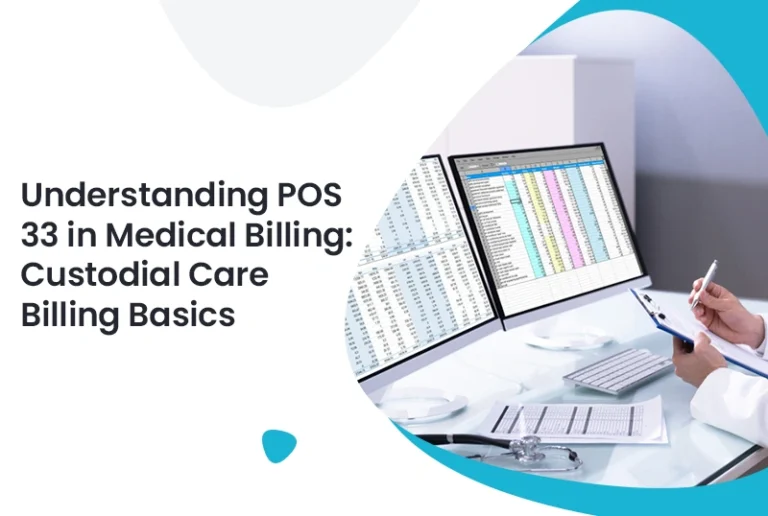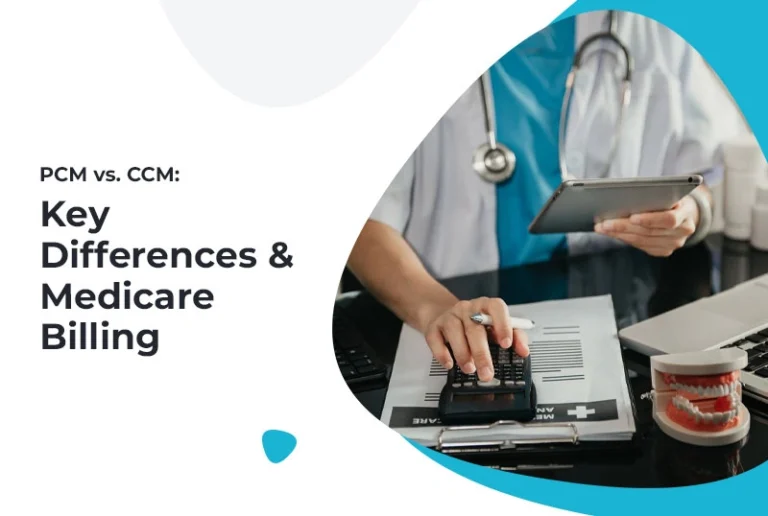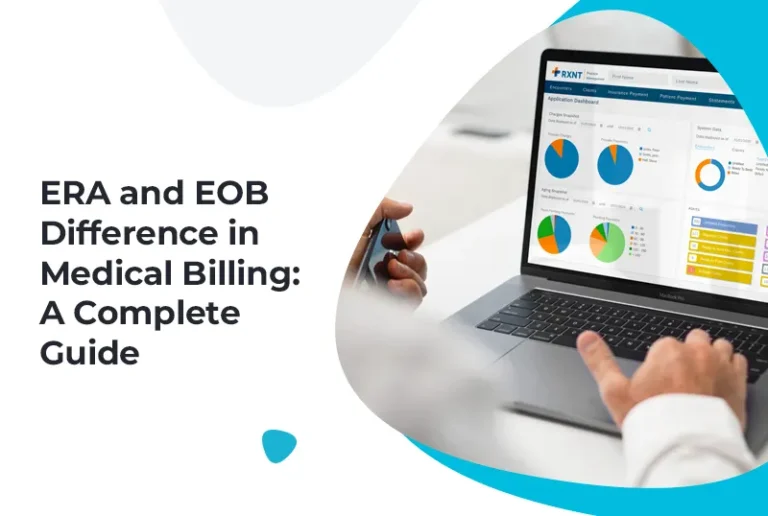Have you ever wondered how your doctor’s diagnosis turns into an insurance claim? Or why the right diagnosis code can make or break your treatment journey? When it comes to chronic obstructive pulmonary disease (COPD), the chronic obstructive pulmonary disease ICD 10 code is the key that unlocks smooth care and hassle-free billing.
COPD isn’t just a medical term, it’s a condition that affects your daily life, making breathing harder and flare-ups unpredictable. But here’s the good news: when your healthcare team uses the right coding and billing practices, your treatment becomes more efficient, and your insurance claims get processed faster. Plus, medical billing services for small practices help your doctors focus on what matters most, your health.
Why the Chronic Obstructive Pulmonary Disease ICD 10 Code Matters: Key Benefits for You
Why does a code matter so much? Think of it as the language that connects your doctor, your insurer, and your pharmacy. When used correctly, it:
- Ensures you get the right treatment. The code tells your insurer exactly what’s wrong, so your care plan fits your needs.
- Speeds up insurance claims. Nobody likes waiting for approvals or payments. Correct coding means fewer delays and denials.
- Supports research and public health. These codes help experts track COPD trends and improve treatments nationwide.
Common Mistakes That Could Cost You Time and Money
Ever been frustrated by insurance denials or surprise bills? Sometimes, it’s because of simple errors like:
- Using the wrong ICD 10 code (the most common for COPD is J44.9).
- Missing details in your medical records about your symptoms or COPD type.
- Not verifying insurance coverage before treatment a costly oversight.
Avoiding these mistakes can save you stress and ensure your care stays on track.
Best Practices: How You and Your Healthcare Team Can Get It Right
Here’s a quick checklist to help you navigate your COPD care and billing:
- Ask your provider if they’re using the correct ICD-10 code. It should reflect your exact diagnosis.
- Keep your medical history updated and detailed. The more your provider knows, the better they can code and treat you.
- Confirm your insurance coverage before treatments or tests. It helps avoid unexpected bills.
- Choose providers who work with professional medical billing services. They handle the paperwork so you don’t have to.
- Follow up on your insurance claims if you notice delays. Sometimes a quick call makes all the difference.
How Billing Experts Help You Breathe Easier
Behind every smooth insurance claim is a team of billing experts making sure your COPD diagnosis, coded correctly with ICD-10, turns into a clean, error-free claim. This means faster payments and less hassle for you and your healthcare provider.
For small practices, partnering with a professional medical billing service means more time focused on your care and less on paperwork. These services stay up to date with insurance rules and regulations, ensuring your claims don’t get stuck, a real lifesaver when managing a chronic condition like COPD.
Why Credentialing Is a Game-Changer for Your Care
Credentialing services might sound technical, but it’s simple: it’s the process that verifies your healthcare providers are qualified and approved by insurance companies. Without it, even the best care can be delayed or denied.
When your clinic stays on top of credentialing, it means your treatments get approved faster, and you get uninterrupted access to the care you need. It’s a behind-the-scenes process that makes a big difference in your healthcare experience.
Streamlining Your Care with Revenue Cycle Management
Think of revenue cycle management services as the engine that keeps your healthcare practice running smoothly from booking your appointment to receiving the final payment from insurance.
Good management here means fewer billing errors, faster reimbursements, and more resources for your provider to invest back into your care. For chronic conditions like COPD, this efficiency is critical because you need consistent, ongoing treatment.
Real-Life Story: How Proper Coding Changed Lisa’s COPD Journey
Sarah struggled for months with delayed treatments because her clinic used outdated codes. After switching to a practice that partnered with professional billing and credentialing services, her claims were processed quickly, and she got her medications on time. Lisa’s story shows how these behind-the-scenes details directly impact your health and peace of mind.
Pro Tips: How You Can Help Your COPD Care Today
- Keep copies of your medical records and insurance info.
- Ask your provider about their billing and coding practices.
- Don’t hesitate to question confusing bills.
- Stay informed about your insurance benefits.
- Encourage your healthcare team to use trusted billing and credentialing services.
Additional Resources
For more detailed information on COPD, its symptoms, and treatment options, visit the Centers for Disease Control and Prevention (CDC) COPD page, a trusted source for up-to-date public health information.
Conclusion: Why Chronic Obstructive Pulmonary Disease ICD 10 Coding Matters to You
The chronic obstructive pulmonary disease ICD-10 code isn’t just a number, it’s the foundation for your care and billing journey. When your providers use accurate coding, partner with expert billing services, and maintain proper credentialing, you get smoother treatment and fewer insurance headaches.
Ready to take control of your COPD care? Talk to your healthcare provider about how they handle coding and billing. It could make all the difference.
FAQs
Q1: What is the ICD-10 code for chronic obstructive pulmonary disease?
The most common code is J44.9, which stands for COPD, unspecified.
Q2: How does medical billing affect my COPD treatment?
Accurate billing ensures your insurance covers your care and speeds up reimbursements to your provider.
Q3: Why is credentialing important for my healthcare provider?
Credentialing verifies your provider’s qualifications and helps prevent insurance claim denials.
Q4: Can I verify that my provider is using the correct ICD-10 codes?
Absolutely! Inquiring about your provider’s coding practices is a great way to stay informed.
Q5: What should I do if I get a confusing medical bill?
Contact your provider’s billing office or insurance company to clarify charges and coverage.

